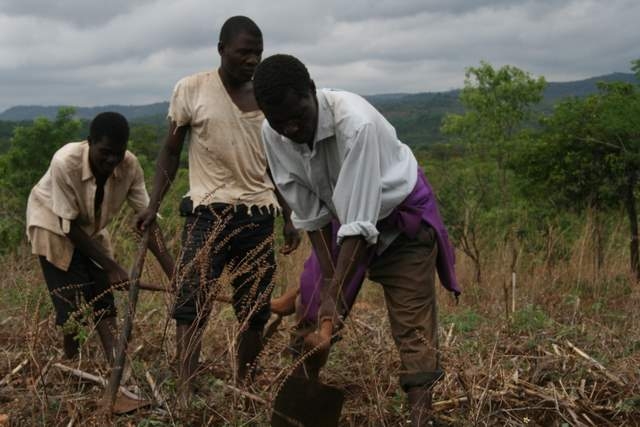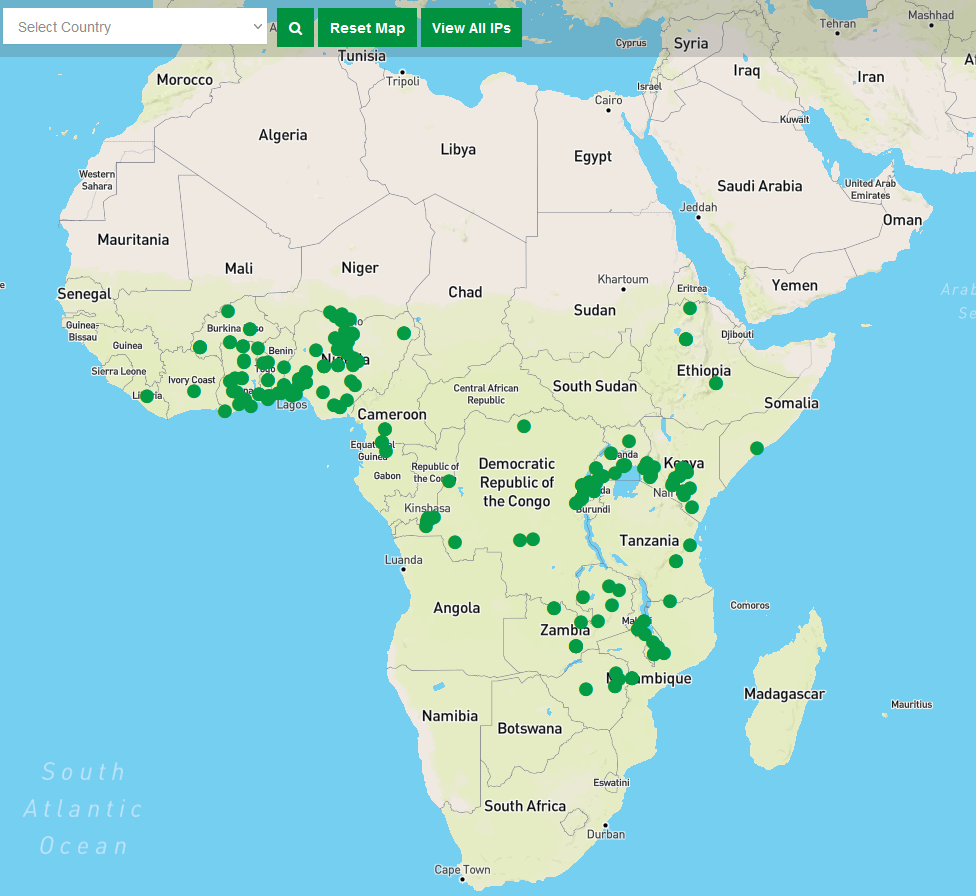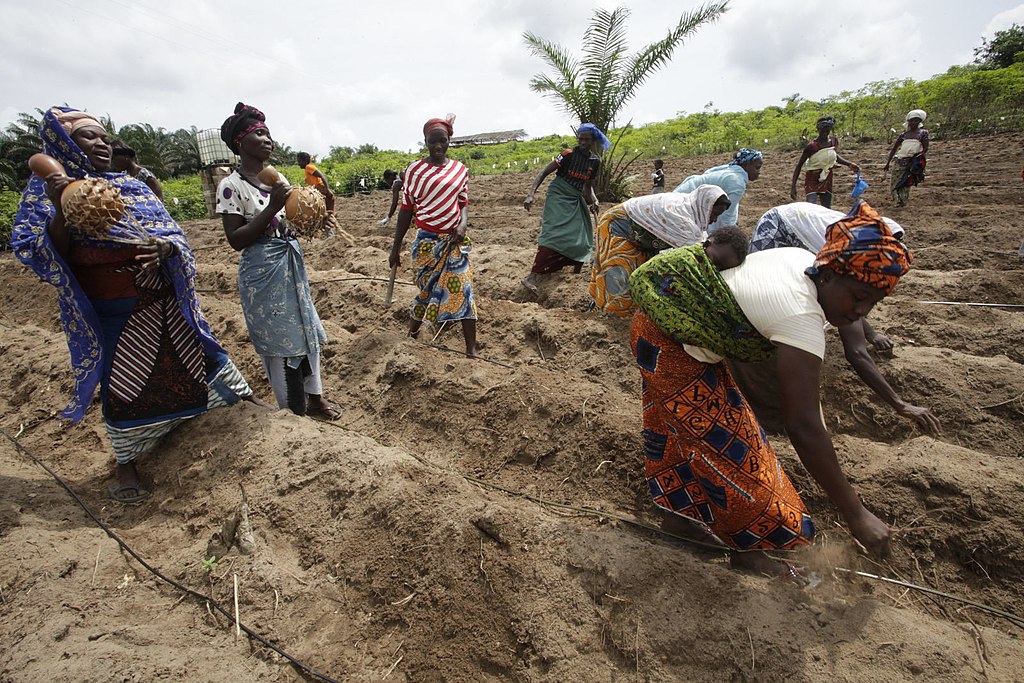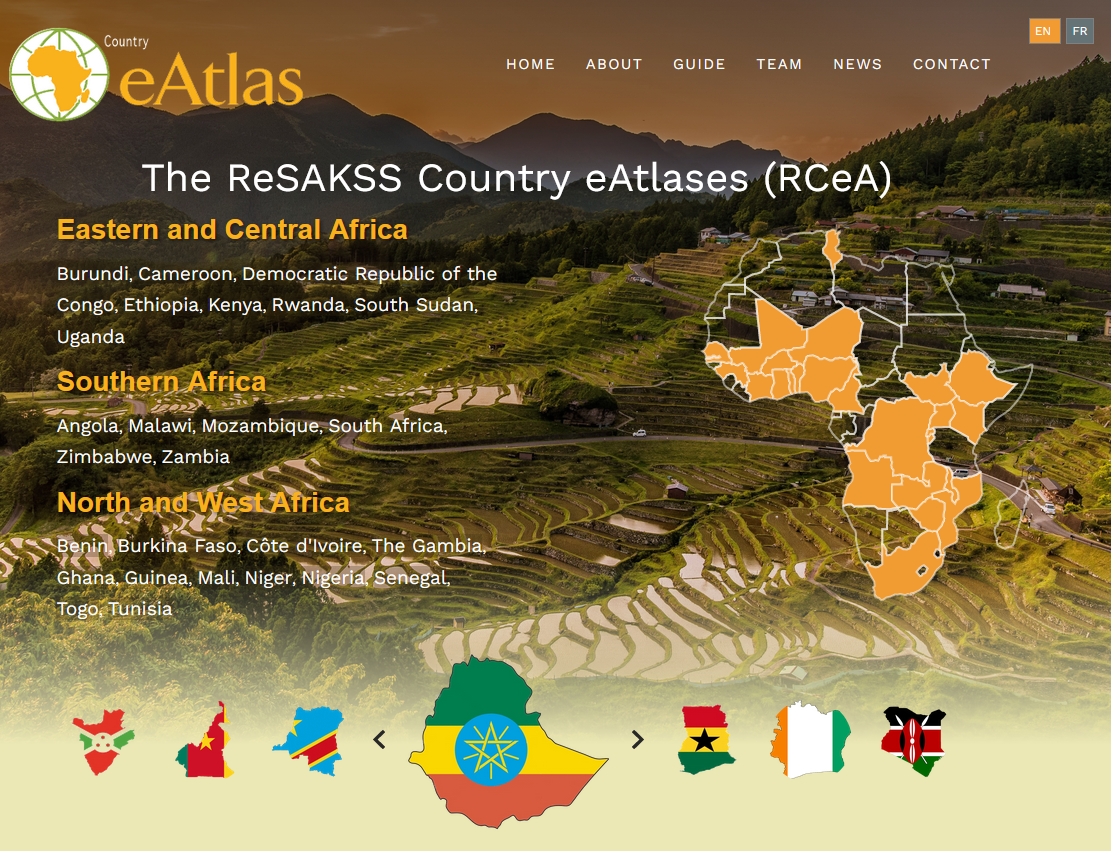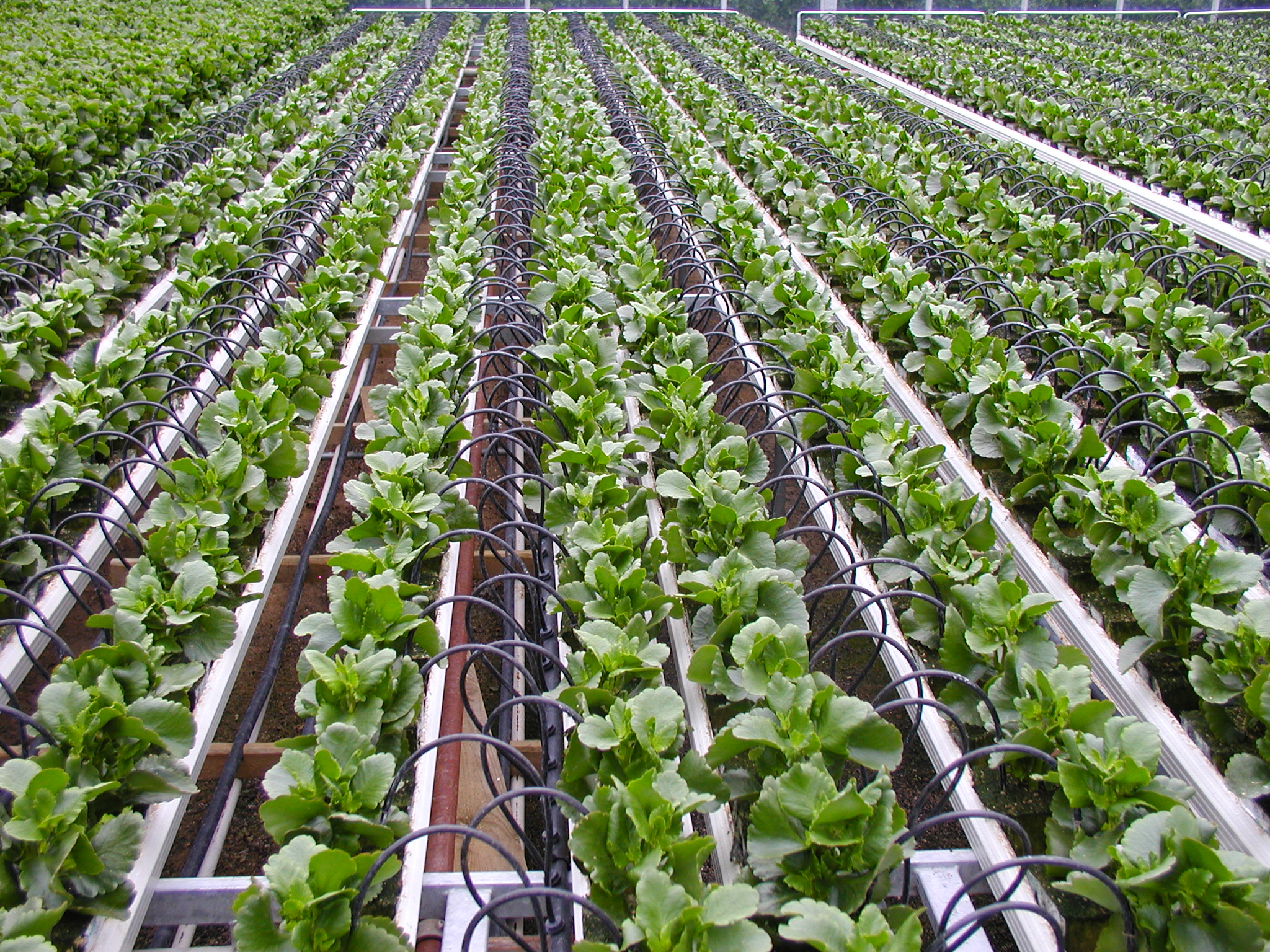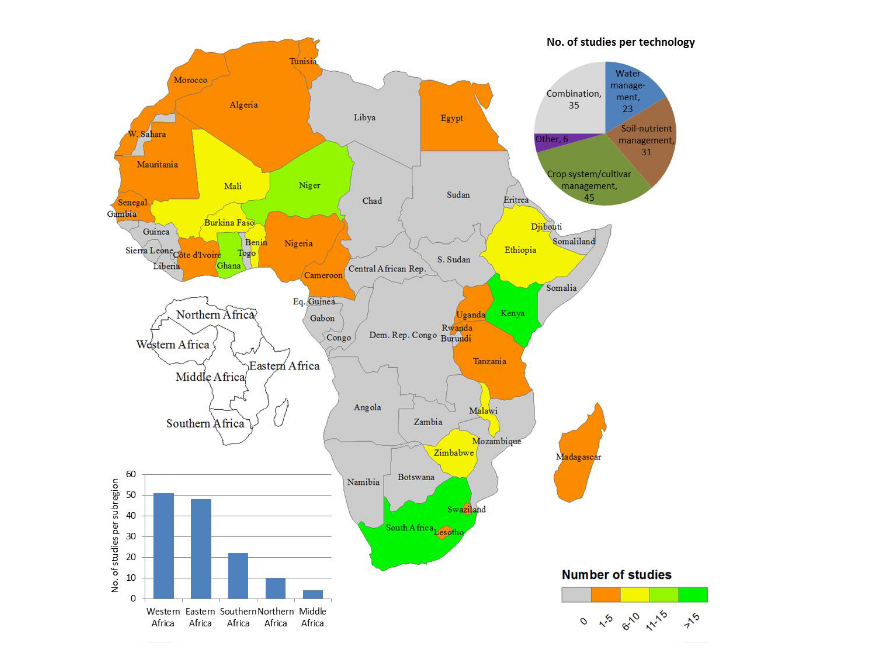
Mechanization in African Agriculture: A Continental Overview on Patterns and Dynamics
This study looks in to pattern of agricultural mechanization along the entire value chain (production, post-harvest, processing, transport and storage) and compares it with the annual average agricultural output over the same time period.

